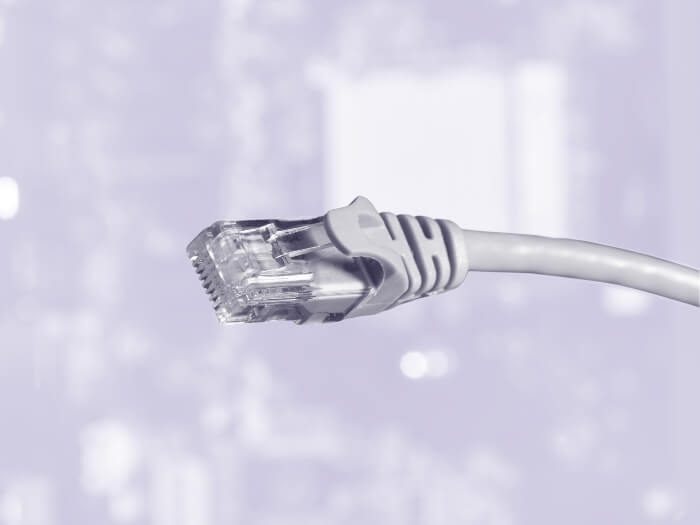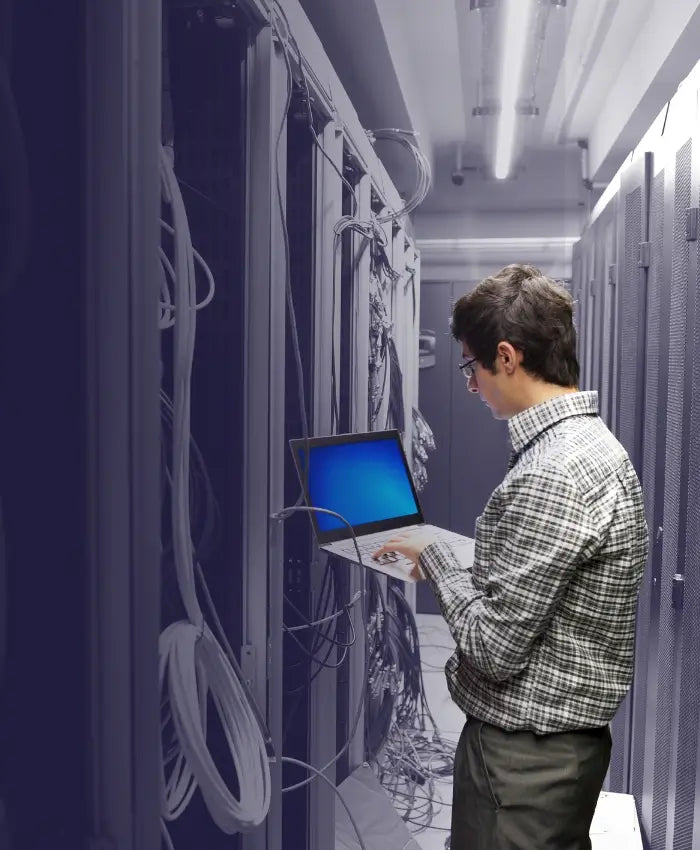How Safe is my Network Infrastructure?
In today’s interconnected world, network infrastructure is the backbone of any business operation. From small startups to large enterprises, every organization relies on a secure network to ensure smooth and efficient operations. However, with increasing cyber threats, ensuring the safety of your network infrastructure has never been more critical. This article explores the various aspects of network security, the potential risks, and how businesses, especially those in Miami, can protect their network infrastructure with the help of Prime Tech Business.
Understanding Network Infrastructure
Network infrastructure encompasses all the hardware and software resources of a network that enable network connectivity, communication, operations, and management of an enterprise network. It includes routers, switches, firewalls, servers, and wireless access points. The goal of network infrastructure security is to protect these components from unauthorized access, misuse, malfunction, modification, destruction, or improper disclosure.
Common Network Security Threats
Malware and Viruses
Malware, short for malicious software, includes viruses, worms, trojans, and other harmful programs. These can infiltrate a network and cause significant damage, including data theft, data corruption, and system downtime. Viruses often attach themselves to legitimate files and programs, spreading across the network when these are accessed.
Phishing Attacks
Phishing attacks involve tricking individuals into providing sensitive information, such as usernames, passwords, and credit card details, by pretending to be a trustworthy entity. These attacks are usually carried out through email and can lead to significant data breaches and financial loss.
Ransomware
Ransomware is a type of malware that locks or encrypts a user’s data and demands a ransom to restore access. These attacks can be devastating for businesses, leading to loss of data, financial loss, and operational disruptions.
Insider Threats
Insider threats come from within the organization. They can be intentional, such as a disgruntled employee stealing sensitive data, or unintentional, such as an employee accidentally downloading malware. Insider threats are particularly challenging to manage because they involve trusted individuals within the organization.
Assessing Your Network Security
Before implementing security measures, it’s crucial to assess the current state of your network security. This involves identifying vulnerabilities and understanding the potential impact of different types of threats. A comprehensive security assessment includes:
- Network Scanning: Identifying open ports, services, and potential vulnerabilities.
- Penetration Testing: Simulating attacks to identify weaknesses that could be exploited by cybercriminals.
- Vulnerability Assessment: Analyzing the network for known vulnerabilities and their potential impact.
- Risk Assessment: Evaluating the likelihood and potential impact of various security threats.
Implementing Robust Network Security Measures
Firewalls
Firewalls are a crucial component of network security. They act as a barrier between your internal network and external networks (such as the internet), monitoring and controlling incoming and outgoing network traffic based on predetermined security rules. Firewalls can prevent unauthorized access to your network and protect against external threats.
Intrusion Detection and Prevention Systems (IDPS)
IDPS monitor network traffic for suspicious activity and take action to prevent potential threats. Intrusion detection systems (IDS) alert administrators to potential threats, while intrusion prevention systems (IPS) can automatically take action to block or mitigate threats.
Antivirus and Anti-Malware Software
Antivirus and anti-malware software protect your network from malicious software. These programs scan your system for known malware and viruses and remove them. They also provide real-time protection by monitoring network traffic and blocking suspicious activity.
Regular Software Updates and Patches
Keeping your software and hardware up to date is essential for network security. Regular updates and patches fix security vulnerabilities that could be exploited by cybercriminals. Ensure that all devices on your network, including routers, switches, and servers, are updated regularly.
Data Encryption
Encrypting sensitive data ensures that it remains secure, even if it is intercepted by unauthorized individuals. Encryption converts data into a coded format that can only be read by someone with the correct decryption key. Use encryption for data at rest (stored data) and data in transit (data being transmitted across the network).
Secure Access Controls
Implementing secure access controls ensures that only authorized individuals can access sensitive data and network resources. This includes using strong passwords, multi-factor authentication (MFA), and role-based access controls (RBAC) to limit access based on the user’s role within the organization.
The Role of Employee Training in Network Security
Even with the best security measures in place, human error can still pose a significant risk to network security. Employee training is a critical component of a comprehensive security strategy. Training should cover:
- Recognizing Phishing Attacks: Educating employees on how to identify phishing emails and avoid clicking on suspicious links.
- Safe Internet Practices: Teaching employees about the dangers of downloading files from untrusted sources and visiting unsafe websites.
- Password Security: Encouraging the use of strong, unique passwords and educating employees on the importance of password security.
- Reporting Security Incidents: Ensuring that employees know how to report security incidents promptly to the IT department.
How Prime Tech Business Can Help
At Prime Tech Business, we understand that network security is a top priority for businesses in Miami. Our team of experts is dedicated to providing comprehensive network security solutions tailored to meet the unique needs of your business. Here’s how we can help:
Custom Security Solutions
We assess your current network infrastructure and develop a customized security plan to address your specific vulnerabilities and threats.
Advanced Security Tools
We deploy the latest security tools and technologies, including firewalls, IDPS, antivirus software, and encryption, to protect your network.
Regular Security Audits
We conduct regular security audits to identify and address potential vulnerabilities, ensuring that your network remains secure.
Employee Training
We provide ongoing training for your employees to ensure they understand the importance of network security and know how to protect your organization from threats.
24/7 Monitoring and Support
Our team provides around-the-clock monitoring and support to detect and respond to security incidents promptly.
Conclusion
Ensuring the safety of your network infrastructure is critical in today’s digital world. By understanding the common threats, assessing your current security measures, and implementing a comprehensive security strategy, you can protect your business from cyber threats. At Prime Tech Business, we are committed to helping businesses in Miami secure their network infrastructure with advanced security solutions and expert support. Invest in your network security today to safeguard your business operations and data.
Recommended Articles by the Editor
As a business owner in Miami read this article on how Increase Your Business’ Network Reliability with Prime Tech Business IT Services in Miami
Every Retail Store owner needs to know that what to do if the POS is down and the solution is more simple of what you think

